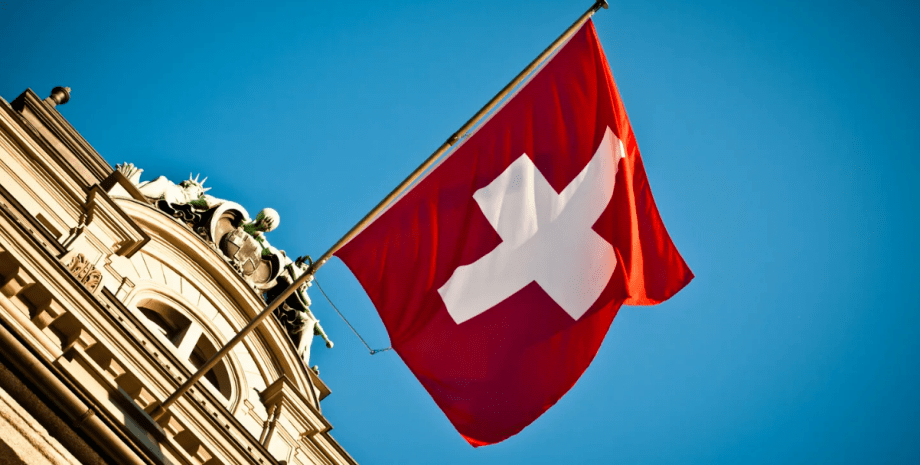Switzerland proposes to recognize the Holodomor as genocide
Natalie Imboden, a member of the National Council, the lower house of the Swiss parliament, introduced a proposal to recognize the Holodomor in Ukraine as genocide.
On December 8, 2022, she submitted the corresponding postulate No. 22.4326 for consideration by the Federal Council (Government) of Switzerland.
As this postulate emphasizes, in 1932-1933, several million people in Soviet Ukraine died of hunger, and the fact of the famine itself had been silenced for many years. According to historian Anne Applebaum, author of the book “Red Famine: Stalin’s War in Ukraine”, published in 2019, in the autumn of 1932, Joseph Stalin decided to use hunger as a weapon against Ukraine. Joseph Stalin’s crimes 90 years ago in Ukraine, even today, are little known to the general public.
In 1953, human rights activist Raphael Lemkin, who coined the term “genocide” and drafted the UN Convention on the Prevention and Punishment of the Crime of Genocide, wrote an article about the Holodomor. He called the Ukrainian famine a classic example of Soviet genocide and claimed that Stalin deliberately used the famine to break the resistance of Ukrainian farmers.
“Faced with the war of aggression that Russia is waging against Ukraine in violation of international law and European values, it is necessary to draw the attention of the European and Swiss public to the Holodomor and commemorate this event,” the postulate states.
The Federal Council of Switzerland recognized that the Holodomor of 1932-1933 claimed many lives and caused great suffering on the territory of modern Ukraine. At the same time, as the Federal Council noted in its response to the postulate, the legal qualification of “genocide” concerning certain crimes is the competence of international courts and bodies authorized to do so. Genocide presupposes the presence of specific genocidal intent, which is particularly difficult to establish and is a major obstacle. Such intent must be proven through an independent and impartial mechanism. The facts should be analyzed through independent research. Therefore, the Federal Council welcomes an open, factual and responsible debate on the Holodomor, which will allow for improving the level of knowledge about the causes and consequences, as well as the victims and perpetrators of this tragedy.
Natalie Imboden welcomed the Federal Council’s recognition of the Holodomor as a deliberately provoked famine, as well as the fact that the government is advocating for further research, thereby encouraging political debate. The deputy expressed hope that the idea of recognizing the Holodomor as genocide will find a majority in the National Council. However, it is unknown when the vote on this postulate will hold.
